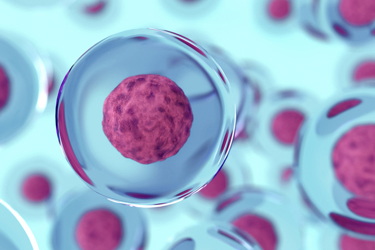Fast And Reproducible Host Cell Protein Detection With Automated ELISA

Host cell proteins (HCPs) are generated by the host organism during the production of recombinant therapeutic proteins or biologics and are a major component of process-related impurities. During purification, HCPs need to be monitored and reduced at every step. Residual HCPs that go undetected can decrease product efficacy, alter its quality and/or risk triggering an immunogenic reaction when the drug is administered to the patient.
To meet increasing business demands and safety standards, fast and reproducible detection of HCPs is essential during the manufacturing process of a biotherapeutic. However, accurate in-process reporting is often complicated by varying amounts of HCPs present throughout bioproduction—initial process pools may consist of high levels of HCPs, whereas final pools typically amount to lower levels. This means you’ll need to carefully and extensively dilute samples at each stage of purification to ensure detection within the dynamic range of your assay. Moreover, the sensitivity of your assay should especially enable the detection of low levels of HCPs that may be present in final pools. Lastly, look out for the presence of large amounts of recombinant protein product, which creates an intricate sample matrix that can interfere with your ability to accurately measure low abundance HCPs.
In this application note, we pair Simple Plex™ Assays on Ella™ with Cygnus Technologies third generation (3G) Chinese Hamster Ovary (CHO) antibodies to demonstrate utility for accurately and efficiently detecting and quantifying the presence of HCP contaminants from bioprocess samples. We also compare the Simple Plex assay performance and data generated with that of the plate-based Cygnus CHO HCP, 3G enzyme-linked immunosorbent assay (ELISA) kit.
Get unlimited access to:
Enter your credentials below to log in. Not yet a member of Cell & Gene? Subscribe today.
